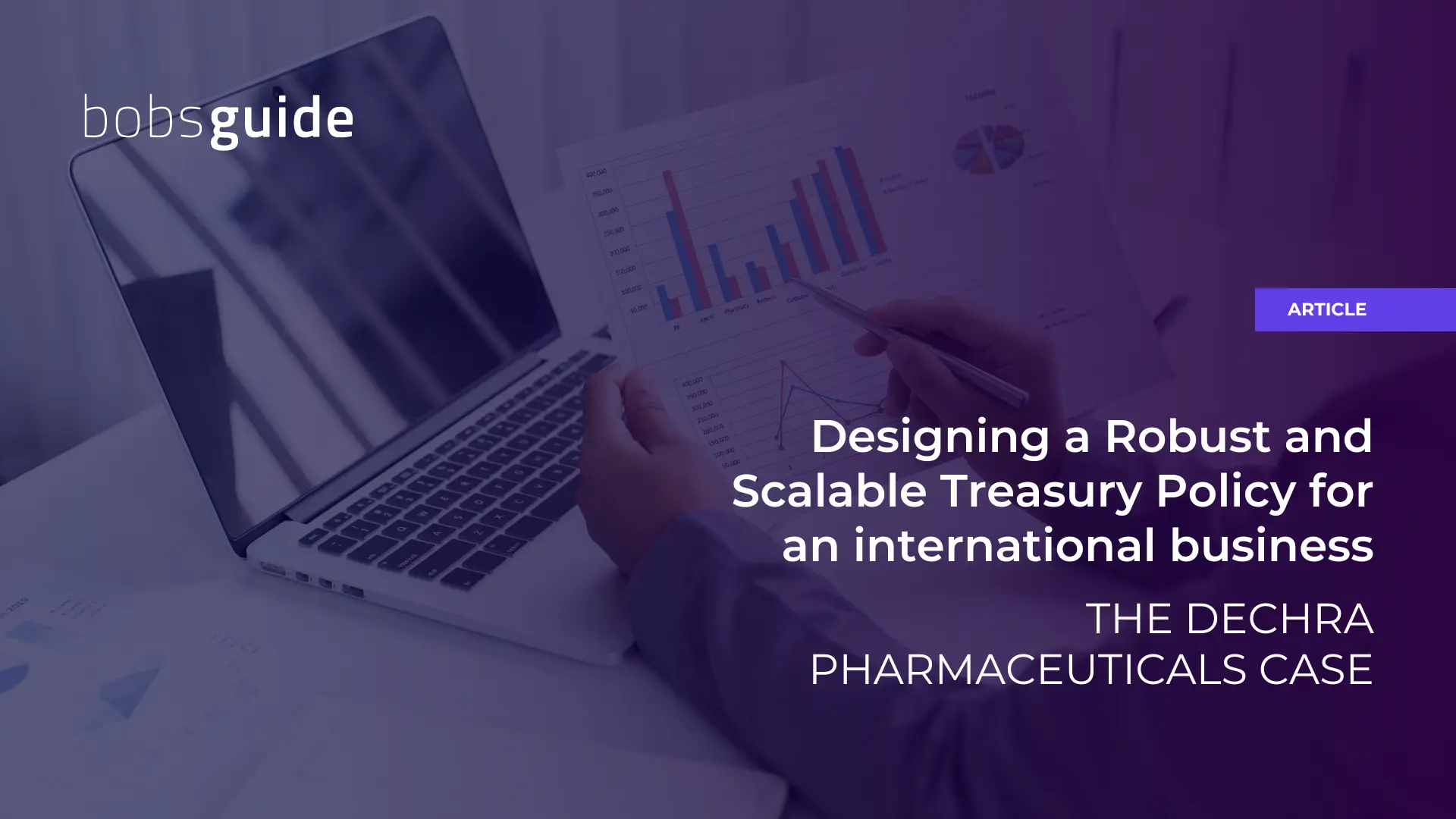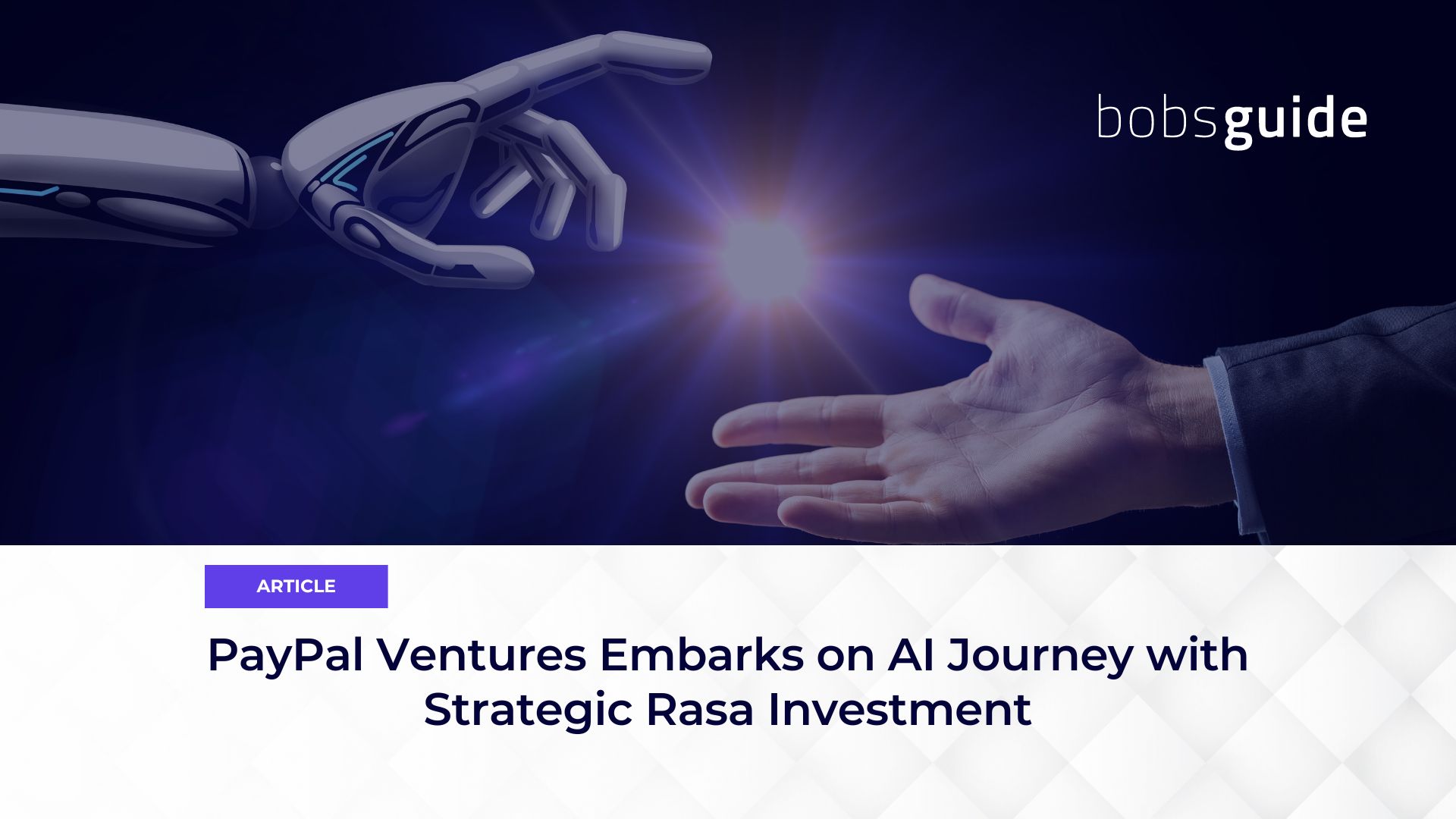
Finastra integrates AI ESG scoring into trade and supply chain finance offering with TradeSun
- April 17, 2024
- 3 minutes
Latest News

Standard Chartered invests in Algbra for digital banking venture
Algbra is a financial management platform that distinguishes its offering by advising users against “unethical or high-risk” investments. ...
- April 16, 2024
- 5 minutes

UK Fintech boards lack AI skills and diversity
New report from EY and Innovate Finance shows UK fintech firm boards are drivers of sustainable growth, but lack essential skills and risk group think...
- April 16, 2024
- 5 minutes

TSMC receives grant to leap into US chip manufacturing
TSMC's significant grant from the U.S. government marks a major step in enhancing America's chip manufacturing, aiming to reduce dependency on oversea...
- April 15, 2024
- 3 minutes

Designing a robust and scalable treasury policy for an international business: The Dechra Pharmaceuticals case
A Dechra case study on designing a scalable treasury architecture from the ground up...
- March 6, 2024
- 4 minutes

Preparing Clients for LIBOR Discontinuation Scope and Challenges: Part 2 of a Murex Experts Q&A
This Q&A with Murex experts focuses on the biggest project management challenges faced by Murex, client hurdles in overcoming the LIBOR cessation,...
- January 8, 2024
- 4 minutes

GFT are partnering Snowflake at Data Cloud World Tour in London
GFT are delighted to be partnering Snowflake at their Data Cloud World Tour at the ExCel in London on 11 October 2022! Visitors can speak to our data ...
- September 26, 2022
- 1 minute

GFT sponsoring CordaCon in London this week!
GFT are proud to be sponsoring R3’s flagship conference 27 & 28 September in London —and it’s in person CordaCon 2022 will take place in London ...
- September 26, 2022
- 1 minute

New GFT Engineering blog on Medium
You can now read our latest GFT Engineering blog on Medium by our own Simon Thompson who examines how text embedding technology can explore the world ...
- September 23, 2022
- 1 minute
SOFTWARE SPOTLIGHT

PayPal Ventures Embarks on AI Journey with Strategic Rasa Investment
This venture not only marks PayPal's inaugural investment in the AI sphere but also introduces its AI Fund, dedicated to fostering innovation by suppo...

 Bobsguide is a
Bobsguide is a